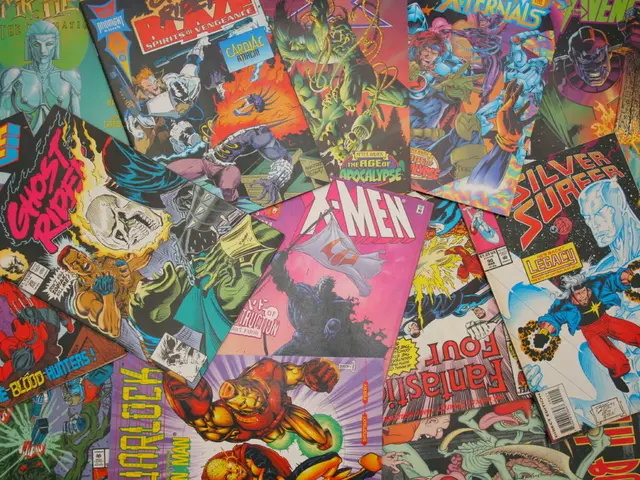Intricate Labyrinth Concept by Victor-Lévy Beaulieu
In the realm of Quebec literature, the colossal work of Victor-Lévy Beaulieu, now deceased, is the stuff of legends. It's a titanic body of work, as Jacques Pelletier stated in 2003, encompassing hundreds of thousands of pages, including novels, plays, critical essays, soap operas, testimonials, chronicles, and poems. This mammoth literary legacy is a tangled network, brimming with detours and labyrinths, where exploration can lead to both fear and excitement. How does one approach such a vast literary empire?
"The richest thing in Beaulieu's work is his linguistic declaration of independence," according to Michel Nareau, professor at Cégep Édouard-Montpetit. Beaulieu blessed himself with all the freedoms and style himself as a language cannibal, using precious French, oral language, vulgarity, archaisms, neologisms, and more to create something entirely his own.
Like an insatiable reader, Beaulieu took in everything and transformed it into his immensity, drawing inspiration from great authors like Joyce, Melville, Voltaire, and Nietzsche, as well as Quebec stars like Aquin, Ferron, and Miron.
For Michel Nareau, finding a starting point in Beaulieu's work is challenging. "His writing seems to be made of a single flow, from beginning to end," from 1967 to 2025. There are towering cycles, such as "The True Saga of the Beauchemin Family," which weaves together eight volumes. Yet, Nareau believes that despite the constant shape-shifting of the work, a central vision runs through it all—to make imagination sovereign.
Karine Rosso, author and teacher at UQAM, suggests reading "L'héritage" (1987) to "enter into VLB." This massive novel sweeps across generations, offering a deep dive into Quebec life. It's accessible, with a clear beginning and end, making it a good starting point for newcomers.
If you want to gain a more comprehensive understanding of Beaulieu's writing style, however, you may consider Race de monde as a starting point. It introduces the theme of alienation linked to Quebec colonizers and presents Beaulieu's writing before his speech found its freest extension.
"Exploring the works of Victor-Levy Beaulieu, one might find inspiration from various literary sources, such as Joyce, Melville, Voltaire, Nietzsche, Aquin, Ferron, and Miron, as he often did."
"To delve into the central vision that runs through Beaulieu's colossal work, with its linguistic diversity and focus on making imagination sovereign, one could start with his book 'Race de monde', which presents an early exploration of themes like alienation linked to Quebec colonizers."








